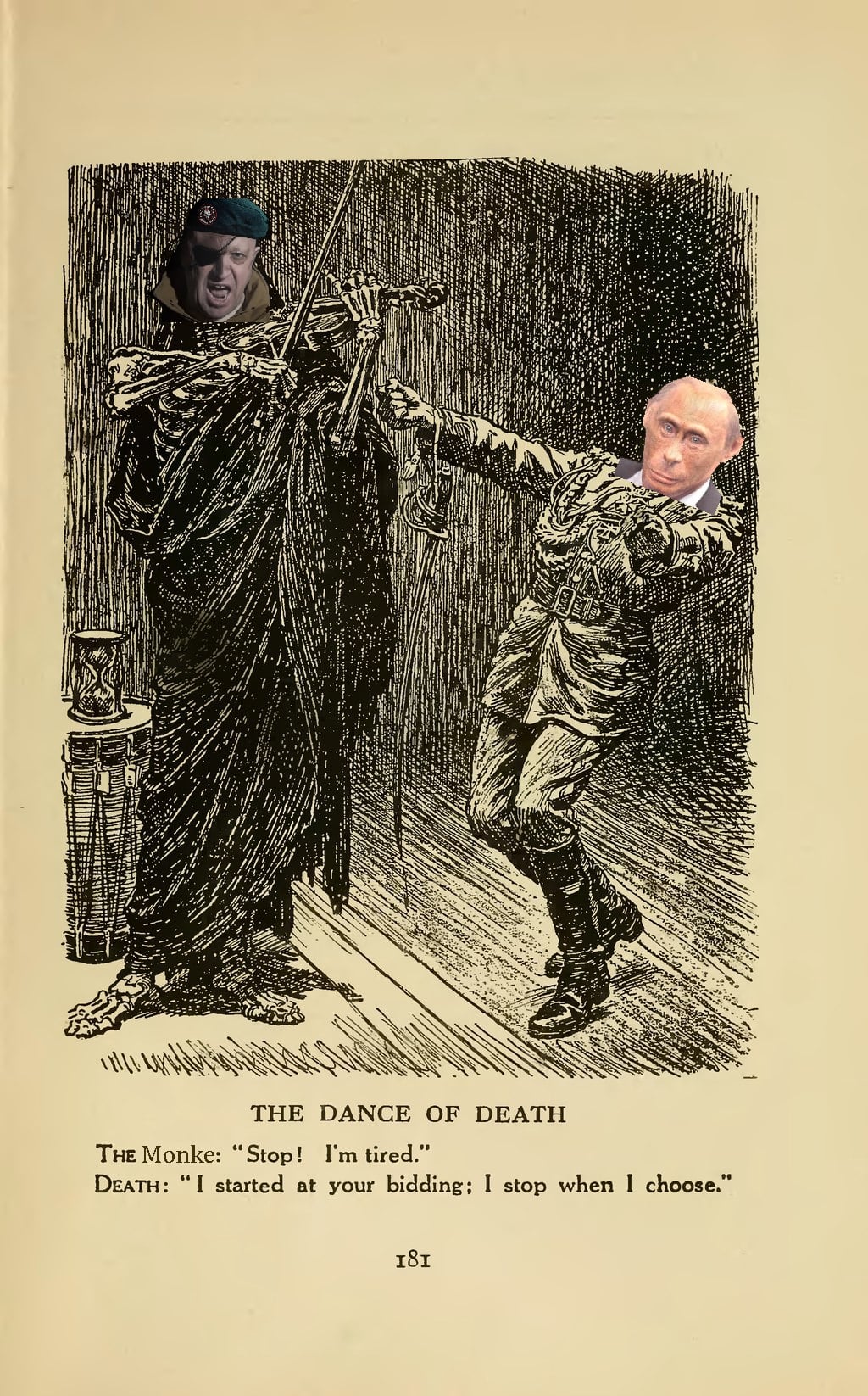Submission Statement
The destruction of the Kakhova Dam earlier this month has resulted in renewed anxiety that Russian occupation may result in the destabilization or destruction of Ukraines nuclear power infrastructure. Damage done to the Zaporizhia nuclear power plant's facilities and Russia's continuing choice to use said plant as a base for military operations raises the specter of a nuclear disaster that could spread radiation across a broad swathe of Europe. Such an event could result in the triggering of Article 5, the collective defense clause of the NATO alliance. This article details possible Western policies that could decrease the likelihood of such an event occurring. Appealing to Russian economic interests as a major supplier of nuclear power infrastructure is an angle I had not considered before.
Ultimately, the only sustainable resolution to the threats facing the ZNPP is the withdrawal of Russian troops and personnel from the plant and the return of the facility to Ukrainian authorities. In the meantime, though, Ukraine’s partners should pursue four lines of effort to help to prevent a radiological incident at the plant.
First, pressure should be placed on Russian authorities and Rosatom management at the ZNPP to grant the International Atomic Energy Agency all requested access. This is critical to enable the agency to continue regular reporting on the status of the ZNPP’s operations — including the state of water levels and key support systems. While the agency may not always wish to publicize key thresholds, it should continue to warn of critical developments and correct alarmist narratives. The agency should also be empowered to report on any denial of access or failures to cooperate. While water supply remains a concern, it is also important that the agency consider and report on ways to minimize water usage at the plant. This should include exploring options for moving ZNPP’s unit five reactor from hot to cold shutdown as soon as this can be safely done.
Second, diplomatic pressure should be applied to create a deconfliction mechanism between the Ukrainian and Russian militaries to allow for the continued supply of water, diesel fuel, emergency equipment, and spare parts, as well as the rotation of workers and International Atomic Energy Agency personnel. This could be supervised by international observers who could identify any disruptions and establish responsibility for them. Moscow places considerable strategic and economic importance on its civilian nuclear sector and exports. With this in mind, appealing to Russia’s desire to maintain its reputation as a responsible nuclear operator may be one admittedly imperfect way of incentivizing cooperation. Stressing the damage that a radiological incident could have on the global nuclear sector and demands for the construction of new nuclear facilities worldwide might also help motivate Russia to keep the ZNPP operating safely.
Third, Ukraine’s partners should make clear to Russia that it does not stand to benefit from engineering — or carelessly permitting — an accident at the ZNPP. Russia does not want further involvement in the conflict from Ukraine’s partners and may calculate that a radiological incident would act as a deterrent or result in pressure on Ukraine to negotiate. Kyiv’s partners should stress to Moscow that they would respond to a radiological incident at the ZNPP by providing Ukraine with more — not less — support. The precise nature of that support would need to be negotiated among Ukraine’s allies and with Kyiv to ensure that it is credible.
Fourth, the attractiveness of manufacturing a radiological incident could be further decreased by reducing its likely impact on Ukrainian military forces. This could be achieved by providing them chemical, biological, radiological and nuclear training and equipment to ensure that they have the right capabilities to respond to the situation. Czechia, Germany, and the United Kingdom, in particular, have considerable expertise in this area. By collaborating to provision and train Ukrainian forces, they could help to convince Russia that there would be little military utility in causing or allowing an accident at the ZNPP.

Both the concept and the implementation were approved almost unanimously, with overwhelming bipartisan support. Not sure why you’re having a hard time with this.